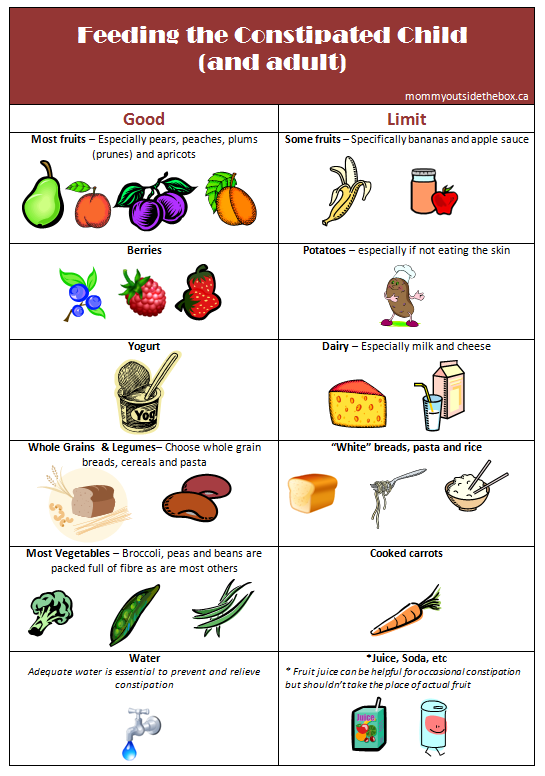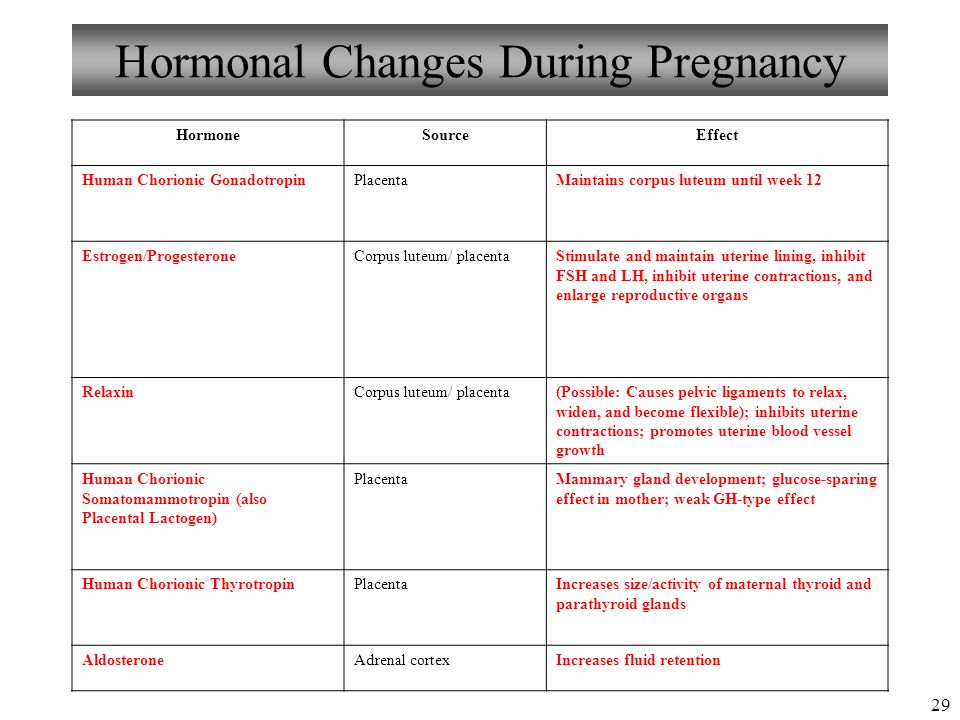How to tell a child they are moving
Talking to Your Kids About Moving Away
There are millions of expatriate families across the Gulf and they all have one thing in common: Every year, they say goodbye to family and friends who are packing up to go home or shipping off on a new adventure. This process repeats itself every year until it's eventually our turn to go.
Some people are looking forward to the next chapter of their lives, others are dreading the impending move, and a third are caught in between. Regardless of your circumstances, sharing the news can be difficult, especially when children are involved.
Here are some tips to keep in mind if it’s your family's turn to say goodbye.
Source: Siaivo/Shutterstock
Tip 1: Be upfront about the move
It's a difficult conversation to have, especially when you know that your children are happily settled into their life. This is why some parents put off this conversation for as long as they can. At the same time, it's important to remember that children need some time to process such a big change. Share the news as early as you can.
Tip 2: Use age-appropriate language
Be clear, direct, and straightforward. Anticipate the questions that your child will ask you and come up with age-appropriate responses beforehand.
Tip 3: Focus on the positive first
There is always a positive aspect to every move—whether it means that you'll be moving "home," exploring a new place, or taking advantage of a great opportunity. Outline the positive changes that you are anticipating before talking about how sad or difficult the move might be.
Tip 4: Give your child time to process
Children, like adults, need time to process big news. Let them know about your plans and then give them some time and space to think about it.
Tip 5: Allow your child to feel upset
None of us like to see our children upset. At the same time, it's important to remember that this is a totally normal reaction. Allow your child to be sad, to cry, to feel angry. These "negative emotions" are part of the process.
Acknowledge and validate their feelings. A simple, "I can see that you're sad—it can be tough to leave your friends behind" shows your child that you understand and empathize with what they're going through. Sharing your own sadness around the move can help you connect with your child through this difficult time.
Tip 6: Talk to them, but most importantly, listen to them
Your children will probably have a lot of questions about the move. Talk to them, but more importantly, listen to their concerns (and their opinions, whether you agree with them or not). Many of us try to rationalize with or convince our children of our decisions. This can be helpful, but often what our kids need is someone to just be there for them.
As mentioned above, your kids might not be ready to talk at first and that's OK. Resist the urge to fill the silence. Rather, embrace it and wait for them to approach you.
Tip 7: Problem-solve, when they're ready
The move can be a great way to develop problem-solving skills and ultimately, resilience. Come up with a plan on how to stay in touch with your nearest and dearest when you leave. Let your kids generate the ideas, and resist the urge to point out the flaws. Instead, ask them follow-up questions that will allow them to either refine their strategies or discover the potential flaws.
Come up with a plan on how to stay in touch with your nearest and dearest when you leave. Let your kids generate the ideas, and resist the urge to point out the flaws. Instead, ask them follow-up questions that will allow them to either refine their strategies or discover the potential flaws.
Tip 8: Organize some special keepsakes
Let them pick out some souvenirs to take on their new adventure. Ideal keepsakes are portable and somehow reflect their experience.
Tip 9: Involve them in the move
Show them pictures of their new neighborhood, house, and/or school. Talk to them about all of the exciting things that they have to look forward to.
It's important to read your child's cues—they might not be ready to hear about these things if they are still processing the move. Give them a bit more time and then try again.
Tip 10: Deck out their new room
Decorate their new room with some familiar favorites, along with their keepsakes. Allow them to buy something new and exciting for their room. It will give them something to look forward to when they touch down.
It will give them something to look forward to when they touch down.
And a tip for parents...
It is natural to question your decision to raise your children as "Third Culture Kids" (TCKs) when it's time to move away. Many parents worry that their TCKs don't have the same roots as people who are born and raised in the same place. Contrary to what many people believe, there are a number of strengths associated with international experience. For example, a 2018 study published in the Journal of Cross-Cultural Psychology found that TCKs grow up to be mature and well-adjusted. Further, multicultural engagement is linked to higher levels of resilience, adaptability, and well-being. Remember that when you question yourself.
Best wishes for the move.
How To Tell A Child "We're Moving"
Skip to content- Home
- Moving with Children
- How To Tell A Child “We’re Moving”
Sooner or later families face the prospect of relocating. Moving is stressful. Moving with children can even be more stressful. But you can make it easier on your family by learning what to say and do before the move. That way, you and your children will be a bit more at ease when your Santa Rosa movers arrive. Here’s how to navigate the issues that can come from moving with children.
DISCUSSING THE MOVE WITH KIDS
No matter what the circumstances, the most important way to prepare kids to move is to talk about it. Try to give them as much information about the move as possible. Answer questions completely and truthfully, and be receptive to both positive and negative reactions. Your approach for telling the kids about the move should depend on how you think they’ll take the news. Consider their personality before telling them. As a parent, you know their personality best, as well as their typical reaction to change. Some kids thrive on new experiences, so the news of a move would be exciting and welcoming. With other kids, change is hard. They need time to process it. If your child doesn’t like change, don’t spring it on them a week before the move. They will need time to adjust. At the same time, don’t let your child know about the move until it’s a done deal and you have chosen a Santa Rosa moving company to book your move! You don’t want to worry your child for no reason if you end up not moving.
Consider their personality before telling them. As a parent, you know their personality best, as well as their typical reaction to change. Some kids thrive on new experiences, so the news of a move would be exciting and welcoming. With other kids, change is hard. They need time to process it. If your child doesn’t like change, don’t spring it on them a week before the move. They will need time to adjust. At the same time, don’t let your child know about the move until it’s a done deal and you have chosen a Santa Rosa moving company to book your move! You don’t want to worry your child for no reason if you end up not moving.
ALLOW YOUR KIDS TO BE INVOLVED IN THE MOVE
Children don’t like to be left out. This is why you should tell them about the move as soon as possible. Involving kids in the planning makes them feel like participants in the house-hunting process or the search for a new school. This can make the change feel less like it’s being forced on them. Letting them accidentally overhear your plans can take them by surprise and create trust issues. Instead of being sneaky, get them on board right away. Encouraging them to be involved can make moving with children easier.
Instead of being sneaky, get them on board right away. Encouraging them to be involved can make moving with children easier.
Start by recommending they go through their toys and decide what to keep, what to throw away and what to donate to less fortunate children. You can also let them decide what items should go into storage before your Santa Rosa movers arrive.
If your kids have some nice toys they no longer play with, have them help you with a garage sale. Tell them they can keep the proceeds from selling their toys. That should give them some extra incentive to help (that and the fun process of putting price stickers on their new toys before the garage sale!).
GET YOUR KIDS EXCITED ABOUT THE NEW HOME
If you’ve already decided on a new home, take the kids to check it out. Help them choose their new room, and start thinking about how to arrange their furniture in it. Moving with children is easier when they’re all in on the move, and the promise of a neat new space to make their own can help!
If you haven’t chosen a house yet, show them pictures of some homes, and take their opinions into account.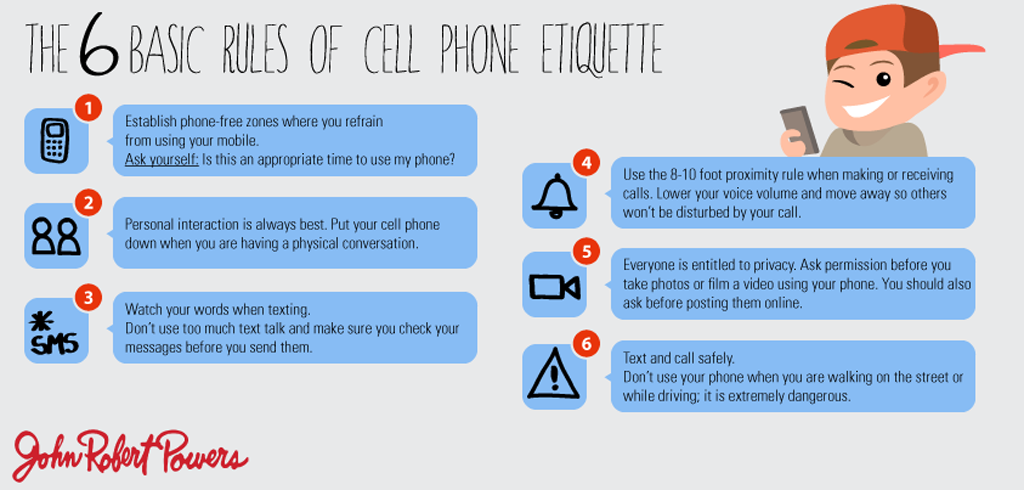 They might point out details you haven’t thought of, like a lawn that’s to small for their swing set, or a front door that’s a uniquely beautiful color. Sometimes it’s the little things that make or break a house!
They might point out details you haven’t thought of, like a lawn that’s to small for their swing set, or a front door that’s a uniquely beautiful color. Sometimes it’s the little things that make or break a house!
If you know which area you’re moving to, take the kids there to explore. Find out where the closest library is and what days it has story time. Get to know the local parks, and learn about the school your children will be attending. If your kids are nervous about switching schools, find out some fun facts about the school and let me know.
At the end of the day, your children want to know you’re OK. So don’t be afraid to talk about the details of the move with them. Answer their questions, validate their feelings and work together to figure out how to resolve their concerns. And you can make moving with children easier by letting a Santa Rosa moving company take care of the physical part of the process! Contact Fresh Start Movers today to schedule your move.
Happy Moving!
Kyle MillsKyle learned the moving industry through hands on experience after working for a local moving company. He noticed there was a demand for high-quality moving services. Fresh Start Movers continues to grow and build upon their loyal customers by offering excellent customer service.
He noticed there was a demand for high-quality moving services. Fresh Start Movers continues to grow and build upon their loyal customers by offering excellent customer service.
Kyle has been successfully helping his clients relocate all over Sonoma County and the Bay Area. Since he was a kid, Kyle has always had a passion for helping others. Besides his wife and daughter, Kyle’s number one concern is quality. Kyle makes sure that all the movers are constantly vigilant with protecting and handling the clients items with care. Working hard is a close second.
This is my body! How to talk to your child about body positivity?
Body positivity is a respectful attitude towards one's own and another's body, acceptance of its individuality, understanding of its capabilities. How to teach a child to think about health, and not about beauty standards? Psychologist Anna Skavitina suggests that parents start with themselves.
Anna Skavitina, psychologist, analyst, member of the IAAP (International Association of Analytical Psychology), supervisor of the ROAP and the Jung Institute (Zurich), expert of the Psychology journal
Is this normal?
Our body is an important part of us, although not all that we have. But for many, the body is unfamiliar territory: until something hurts, or someone says that it looks somehow wrong, we do not pay attention to it.
But for many, the body is unfamiliar territory: until something hurts, or someone says that it looks somehow wrong, we do not pay attention to it.
Or we treat it like a thing: we take care of it, comb it in fashion, glue something, cut it, sew it on, pierce it, increase or decrease it according to the cultural standards recommended by magazines and advertising. We can hardly accept what nature and mom and dad gave us, we want to own our own body and do whatever we want with it. We want to remake our body in order to feel good with it and inside it, to look in our own eyes and in the eyes of other people as it should be, as it is accepted, as it is right. It seems that this is how we will become desired and loved, otherwise we have no right to it. It seems to us that we ourselves wanted to be thin, with wide eyebrows, with a flat stomach. But the desire to look a certain way is most often the rules of the game imposed by society.
The boundary between normal handling of one's body and pathological one is very shaky. Figure skaters, models, gymnasts, ballerinas whose careers involve artificial maintenance of low body weight - this seems to be the professional norm. But does it make teenagers and their parents unconsciously follow fashion, giving rise to eating disorders? “My daughter weighs 40 kg with a height of 170, she does not eat anything, she seems fat to herself. I was always losing weight, and now she is losing weight too! What to do?” asks the mother of a teenage girl. And here is the son’s mother: “How to make him lose weight? Gets fat, doesn't go in for sports, sits at home and eats, eats, eats! He will be fat! How can I not tell him that he is fat, and who else will tell him this if not his mother?
Figure skaters, models, gymnasts, ballerinas whose careers involve artificial maintenance of low body weight - this seems to be the professional norm. But does it make teenagers and their parents unconsciously follow fashion, giving rise to eating disorders? “My daughter weighs 40 kg with a height of 170, she does not eat anything, she seems fat to herself. I was always losing weight, and now she is losing weight too! What to do?” asks the mother of a teenage girl. And here is the son’s mother: “How to make him lose weight? Gets fat, doesn't go in for sports, sits at home and eats, eats, eats! He will be fat! How can I not tell him that he is fat, and who else will tell him this if not his mother?
Parents of try to be good, they want their bodies and the bodies of their children to fit into a standard format. Because standard means correct and healthy, that's what doctors say, that's what they write on parent forums. In the first year of life, the baby's health is assessed by weighing, and throughout life, many people follow the scale arrow or flashing numbers with horror or delight. But human health is not at all directly related to weight. Thin people can have serious health problems, while fat people can be absolutely healthy. If your body does not fit into the mythical norm, then you must urgently pull yourself together, not loosen up, start eating, stop eating, hide the ugly under a specially designed cover, hate yourself and your shortcomings. And if your child does not fit into the standards, then you are not a mother, but a viper.
But human health is not at all directly related to weight. Thin people can have serious health problems, while fat people can be absolutely healthy. If your body does not fit into the mythical norm, then you must urgently pull yourself together, not loosen up, start eating, stop eating, hide the ugly under a specially designed cover, hate yourself and your shortcomings. And if your child does not fit into the standards, then you are not a mother, but a viper.
And today we have many children and adults who believe that they have no right to feel happy and healthy if they are over or under the right weight. The number of eating disorders has increased, already 5-year-old children say "I'm fat" and go on a diet.
The body-positive movement is trying to push the limits of our stereotypes: its main idea is that a person has a right to any body. And also, any of us has the right to respect and happiness, to love ourselves and be loved by parents and other people.
No one should be aggressively attacked and bullied for the way they look, even if they "can but don't want to be beautiful."
How to love your body
In order for our children to learn to love themselves and their bodies, to live in a safe space, not be bullied for what they cannot or do not want to change, we will have to quite strongly restructure our attitude ... to ourselves.
- We are parents, role model . Children imitate the behavior and actions of the adults around them without realizing it. If children hear adults talk negatively about their bodies, seriously worry that it looks completely different from the “glossy” picture, this can affect how they see themselves. Talk positively about yourself and your body, acknowledge what you like about yourself.
- Discuss with your child media culture: for example, play the game "Find Photoshop" looking at magazine covers and advertising posters, discuss why it is so important for the media to support the unreal body image of famous people, how advertising makes us be who they want us to be manufacturer of goods, not what we want to be.

- Sports, exercise is a pleasure, not a means to lose weight. Who wants to rape themselves with physical education to look like mom or classmates want? Moving, roller-skating or scootering, walking in the park, playing football with friends - this can and should be fun. Let there be more movement in your family: walk together, sign up for sports classes, try new types of physical activity.
- Avoid talking about "thickness-thinness" . Here are these "Oh, I'm getting fat", "You look huge in these shorts." Your body is your business. A child should not hate his body because his parents do not like it in some way. Avoid negative comments - both about the child's body and about any others. If you're concerned about low muscle tone or low stamina, make sure you get enough exercise.
- If your child has a visible difference from other children - a large birthmark, for example, or the need to wear glasses with thick lenses, do not encourage him to be embarrassed.
 Say, “Yes, that makes you different. But it normal".
Say, “Yes, that makes you different. But it normal".
- If children start talking negatively about their own body or someone else's, do not ignore it, be sure to discuss what is happening. Why did he have such an opinion? Who told him that? What for? Is he sure that this person is right?
- Discuss that the body is only the visible part of a person. It is important what he is: good or evil, whether he can do this thing or not, knows how to communicate or has not yet learned.
- Don't treat food like an enemy. If strict definitions of “bad, fatty, harmful” are attributed to some products, then the child who has eaten them will feel “bad” and “fat”, respectively. Or he will begin to limit himself in food, dividing it into what will and will not be eaten - but not at all in the way you would like. Promote healthy eating, highlighting how nutrients in foods help people become strong and healthy. Instead of focusing on counting calories, explain to your child how vitamins help the skin or eyes, how proteins are good for building muscles.
 If a child wants to eat cookies or chips, do not shame him - there is nothing to worry about. But make sure that healthy and nutritious foods are always available. Eat as a family more often, cook or buy a variety of foods.
If a child wants to eat cookies or chips, do not shame him - there is nothing to worry about. But make sure that healthy and nutritious foods are always available. Eat as a family more often, cook or buy a variety of foods. - Teach your children to think positively about themselves . Discuss what positive qualities they have (not bodily), what they like about themselves. Smile, ability to dance, talent for music or mathematics? Such conversations will support children's self-esteem and build trust between you.
- Talk about the changes that occur to the body of a growing person. Answer any questions, discuss fears related to the body that the child may experience. Children may worry that they are growing too fast or too slow - explain that people develop at different rates.
- Make sure you listen carefully to your child without interrupting. If you can’t immediately answer his question, offer to search for information together.

- Take care of a healthy home . Ask yourself: “What is it that promotes a healthy body image? What is not? Check out magazines, books, beauty products, or supplements. Do you buy products or items for weight loss? What foods and images align with your body positivity values and help your child learn to do so? It is not necessary to prohibit what contradicts this, but it is better to simply make sure that there are no such things at home.
- If your child is teased at school about their weight, reassure them that the comments are rude and provide support. Discuss why some people say bad things. Think together about how the child might respond to such teasing in the future, or how they can protect another child from being attacked. Help formulate the idea that teasing is bad. Teach them to respond, for example, like this: “You can’t tease anyone. You may not like how someone looks, it doesn't change who that person is. But it has a bad effect on the one who teases!”
See also:
5 main qualities of a real athlete and how to develop them correctly
Every girl is a princess, and that's why
4 questions that parents of a girl should ask themselves more often
9009z8 Studios, ViDi Studio, IndigoLT/Shutterstock.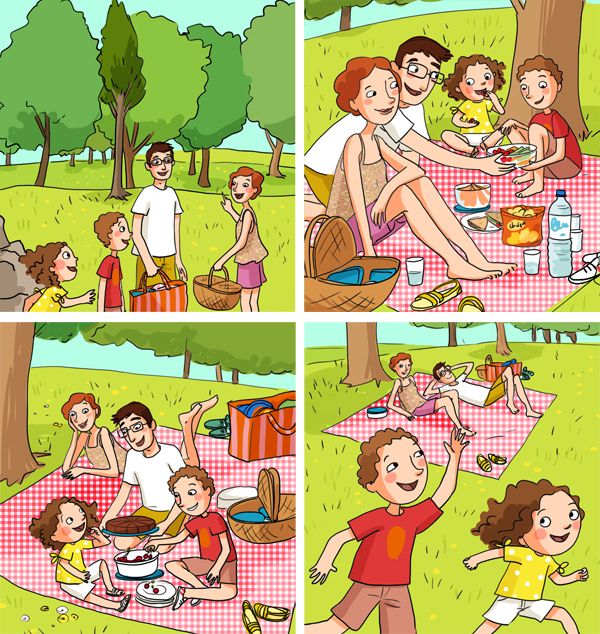 com
com
psychology education
7 phrases to say to your child every day
Life leader – who is this?
A person endowed with special qualities by nature or one who was brought up correctly? Both are true. Only even a natural inclination to leadership can be ruined from childhood by improper upbringing.
Today we are talking about encouraging children, about the influence of magic words and phrases on the development and formation of a child's personality.
Why is it important to encourage a child?
Each of us has to deal with criticism in life. Remember how you feel at this moment? Do you want to prove that you have done well or disappear and never do the thing that led to criticism again? Everyone is different. Someone will want to prove the opposite, and someone will be very worried and depressed.
When we are praised, thanked or awarded for good work, our mood immediately rises, self-confidence appears and the desire to do even more and better.
The child reacts in the same way. Only his psyche is much more vulnerable and weaker. Therefore, if he regularly receives criticism for misdeeds, but does not receive encouragement for good deeds, his psyche breaks down. Over time, this is reflected in behavior - the child does not want to do anything, then at school - he ceases to be interested in the world around him, and then becomes a loser in life.
Here are 3 main reasons:
1. The child receives a guide
When a small person receives praise for his actions, he understands that he is on the right path. Therefore, in the future, he will take the initiative and try to please his parents again.
2. The child is always motivated
Approval, praise and encouragement are magical tools that lift the child's mood and give confidence in their abilities. A child whose parents are generous with praise grows up persistent, purposeful and successful.
3. The child feels secure
If the child receives sufficient praise and encouragement, his self-esteem will be all right in the future. And he is unlikely to fall under someone's negative influence and will do what he does not want.
No, you should not always praise and offer rewards for everything. Measure is important here. Any promotion must be adequate and appropriate to the occasion. For example: got a high mark at school - praise, support or please with a surprise.
. Psychologists believe that such a reaction to basic social actions subconsciously reduces the child's self-confidence.
How and when should a child be encouraged?
Praise
For efforts, for actions, for results. Magic begins with words. Blinded a plasticine figurine, tell him: “You are a great fellow, you chose the right colors and shapes,” or that the figurine is very similar to what he sculpted. But don't embellish and tell him that he has created a masterpiece. Such exaggerations lead to the fact that in adult life a person will perceive criticism very painfully.
But don't embellish and tell him that he has created a masterpiece. Such exaggerations lead to the fact that in adult life a person will perceive criticism very painfully.
Thank your child
Thank your child for helping, sharing, telling the truth. Say "thank you" or "thank you" to him. Thus, you teach the child to be polite, grateful and let him feel his importance and value. Words of gratitude help to form an emotionally prosperous and self-confident personality.
Smile
Always accompany praise and gratitude with a smile. So the child will always feel your sincerity. After all, sincere relationships in the family are the basis on which the ability to trust oneself and the world around is formed.
Kiss and hug
Praised, thanked, smiled, and now come, hug and kiss your child. Tactile contact promotes the release of endorphins, improves physical and mental well-being, creates a sense of security and forms a strong bond between you and the child. Psychologists advise hugging children at least four times a day.
Psychologists advise hugging children at least four times a day.
Spend time with your child
Does your child like spending time with you? Excellent! Do with him what he wants. As an encouragement, play educational games with him, draw, sculpt, go to entertainment centers. Do together what your child wants. And believe me, this way of encouraging children is more expensive than any gifts.
If you want to achieve the best effect, then use various methods of rewards along with praise. At the same time, be guided by the age and preferences of your child.
What gratitude words and phrases can and should be said to a child every day so that he grows up as a leader?
Do you want to raise a happy, self-confident and purposeful child? Then we move on to practice. Magic words and phrases to help.
So every day say these 7 phrases to your son or daughter:
“I love you”
This phrase should be said to children not only every day, but many times a day. Thus, a trusting relationship is built between you. Thanks to these three words, the child believes in his own importance and value and boldly goes through life, not being afraid to try new things and make discoveries.
Thus, a trusting relationship is built between you. Thanks to these three words, the child believes in his own importance and value and boldly goes through life, not being afraid to try new things and make discoveries.
“I am grateful to fate that I have you”
Hearing this phrase, your child will always feel that he is loved not for some actions, but in spite of everything. Regardless of whether he did well or badly. Thanks to this phrase, the foundations of a stable psyche are laid.
“Thank you for your efforts. I notice your successes and am proud of you.”
Such words help the child to navigate, to understand that he is moving in the right direction. Notice the successes and efforts of your children more often, approve their actions more often, and they will always be motivated.
“Please forgive me. I'm sorry that this happened.”
We also make mistakes and sometimes we're wrong. We can break loose and yell or say hurtful words. The main thing is to learn to admit that you are wrong and ask for forgiveness from your children. By saying, “Please forgive me, I was wrong,” you make the child feel that he is being respected. And also set an example of how to behave in such situations. It is at such moments that the value system of a small person is formed.
By saying, “Please forgive me, I was wrong,” you make the child feel that he is being respected. And also set an example of how to behave in such situations. It is at such moments that the value system of a small person is formed.
“Thanks for telling me. You can always count on my help.”
Thanking a child once for telling you the truth, even if it is not very pleasant, you show that you can be trusted, that you can be contacted with any problem. The child will not seek help on the side and is unlikely to fall into a bad company.
“Listen to your heart. What do you want now?
Always give your child a choice. Ask what he wants, what he thinks, how he would act, etc. Children who are given the right to choose grow up active and become successful.
“Don't be afraid. Have the courage to do what you want”
This phrase can also be attributed to the right to choose. By saying “Have the courage to do what you want,” we allow the child to choose who to become and how to live.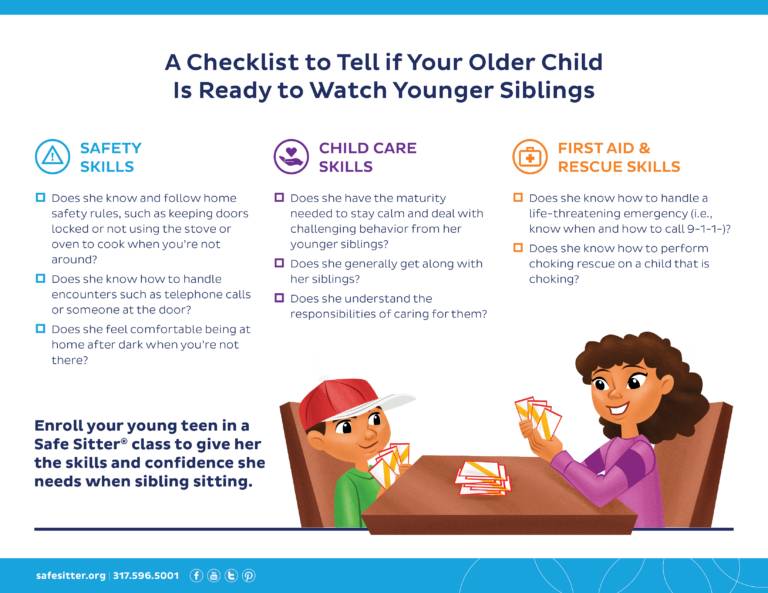 This is such a backlog for the future. When he is 20 years old, he will clearly understand in which direction to move. And by the age of 30 he will be able to rest on his laurels.
This is such a backlog for the future. When he is 20 years old, he will clearly understand in which direction to move. And by the age of 30 he will be able to rest on his laurels.
“You will succeed. Don't be afraid to make mistakes. Mistakes are normal.”
“Mom, I can't do it! I couldn't!” We hear statements like this from the moment a child learns to speak. Support, say that everyone makes mistakes, that progress is impossible without mistakes. A healthy reaction to one's own mistakes contributes to the formation of patience, perseverance and other leadership qualities in a child.
“Don't trust anyone if they say you're bad”
Explain to the child that someone may not like him, that someone may consider him bad, but this assessment should not be taken personally. This will allow the child to be more confident, not to doubt himself and to accept criticism normally.
We have sorted out the main phrases that should be said to a child every day so that he grows up happy and acquires leadership qualities. Now let's figure out how to behave and what to say if the child is naughty or hysterical?
Now let's figure out how to behave and what to say if the child is naughty or hysterical?
How to talk to a child when he is naughty?
The main thing is to calm down yourself. Then come up and ask: “Are you upset about something? What happened? Tell me, I want to help." Let the child speak. Even if you do not agree with what he says, do not interrupt or give an assessment of the situation.
After your child has finished, ask him, "What can we do together right now?" Listen again. Then offer several more options to choose from. Find a compromise and eliminate the cause that upset your child.
This approach teaches the child to always trust you, understand the problem and look for ways to solve it.
Of course, the causes of children's whims and our reaction to them may be different. But it is important to remember that we are adults and are able to cope with our emotions.




